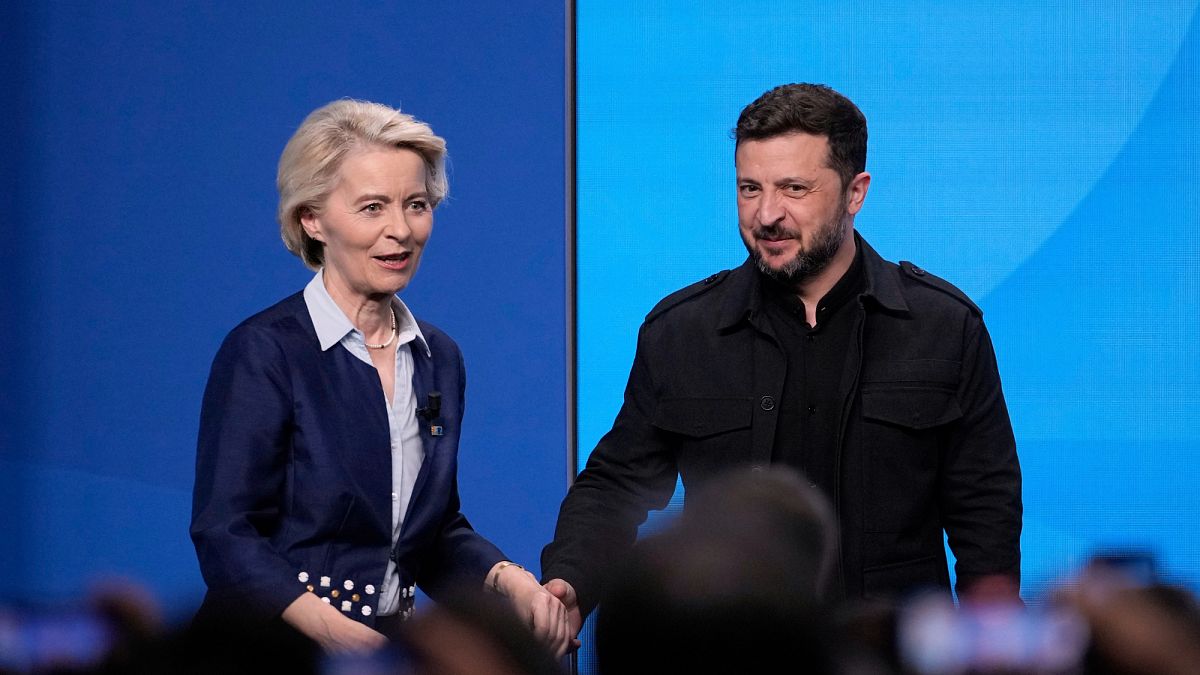

In recent developments, the European Union has been actively engaged in various spheres, including trade agreements, climate policy, and geopolitical stability. These efforts highlight the union’s commitment to fostering collaborative solutions and addressing multiple challenges on the global stage.
The EU has reached a significant milestone with Ukraine by crafting a new trade agreement that aims to replace the existing temporary post-war framework. This new deal signifies not only a commitment to long-term partnerships but also a more realistic approach that reflects current circumstances. The agreement promises increased market access for Ukrainian exports in exchange for aligning farm standards, thus paving the way for sustainable agricultural practices and political stability along the border.
This agreement comes on the heels of the EU Commission’s work to address concerns raised by the “Med 5” Mediterranean countries regarding the Anglo-French migration pact. These nations have expressed apprehension that the pact may contravene EU laws, and efforts are underway to resolve these issues while ensuring compliance with regional regulations. This proactive engagement by the EU illustrates a dedication to inclusivity and respect for diverse member-state perspectives.
In parallel to these trade and legal discussions, France has stepped forward to frame the EU’s path toward ambitious climate targets set for 2040. The proposed plan seeks a 90% reduction in CO2 emissions, highlighting an assertive move towards environmental sustainability. France, taking the lead in these discussions, emphasizes the importance of setting clear priorities for future climate policy, ensuring that the EU remains at the forefront of global environmental initiatives.
Meanwhile, in the realm of international security, German conservative leader Jens Spahn has called for an independent European nuclear deterrent strategy, separate from the United States. This proposal underscores a growing sentiment within Europe to bolster its defense capabilities amidst evolving geopolitical landscapes, ensuring robust and autonomous security mechanisms for the continent.
Furthermore, France, Germany, and the UK have collectively appealed to Iran to maintain cooperation with the International Atomic Energy Agency (IAEA), following concerns over potential cessation. The trio’s unified stance also condemned provocative rhetoric directed at the agency’s leadership, advocating for continued dialogue and cooperation to uphold global nuclear safety standards.
Together, these initiatives reflect the EU’s multifaceted approach to navigating complex global issues. Through strategic partnerships and policy innovation, the Union continues to demonstrate its resilience and adaptability, striving for economic stability, environmental stewardship, and geopolitical harmony.
Source: {link}
